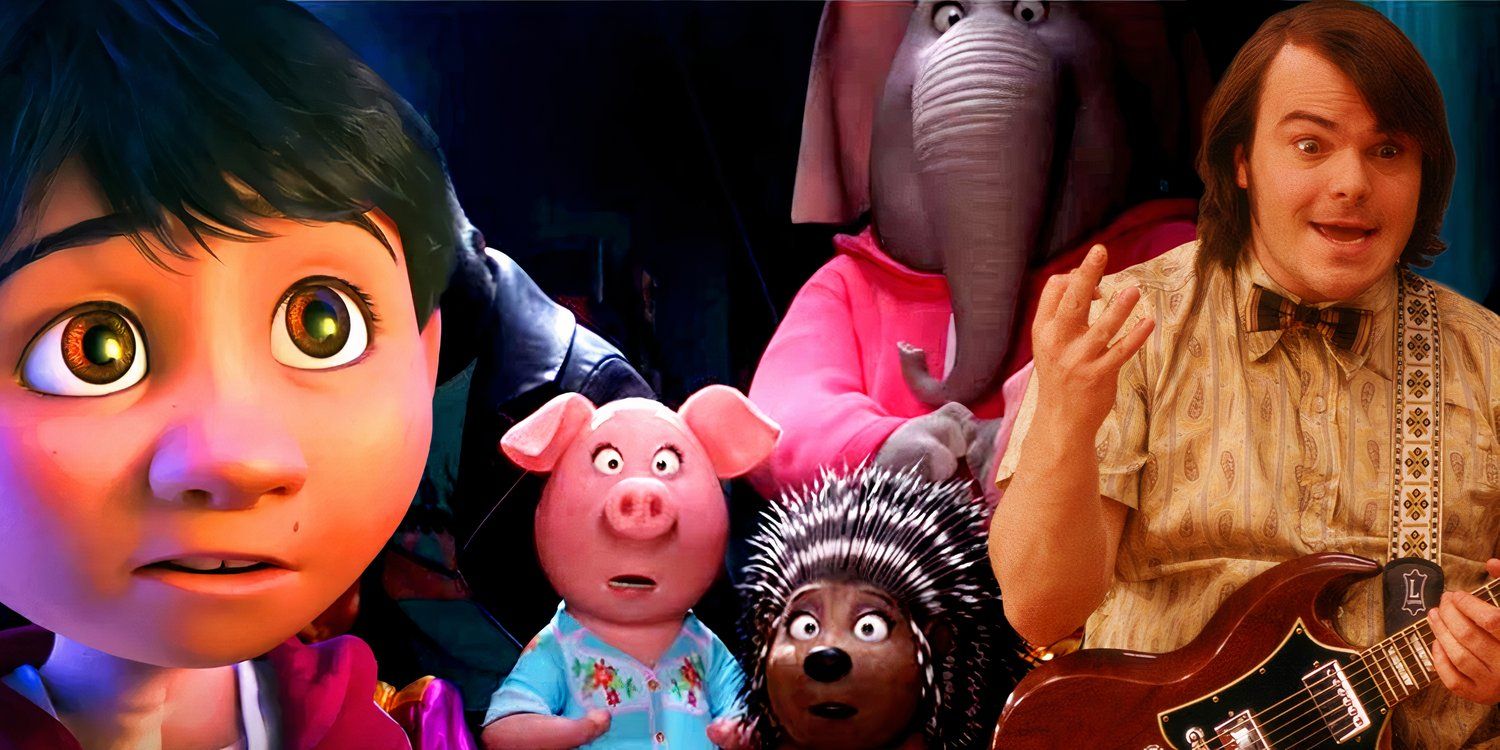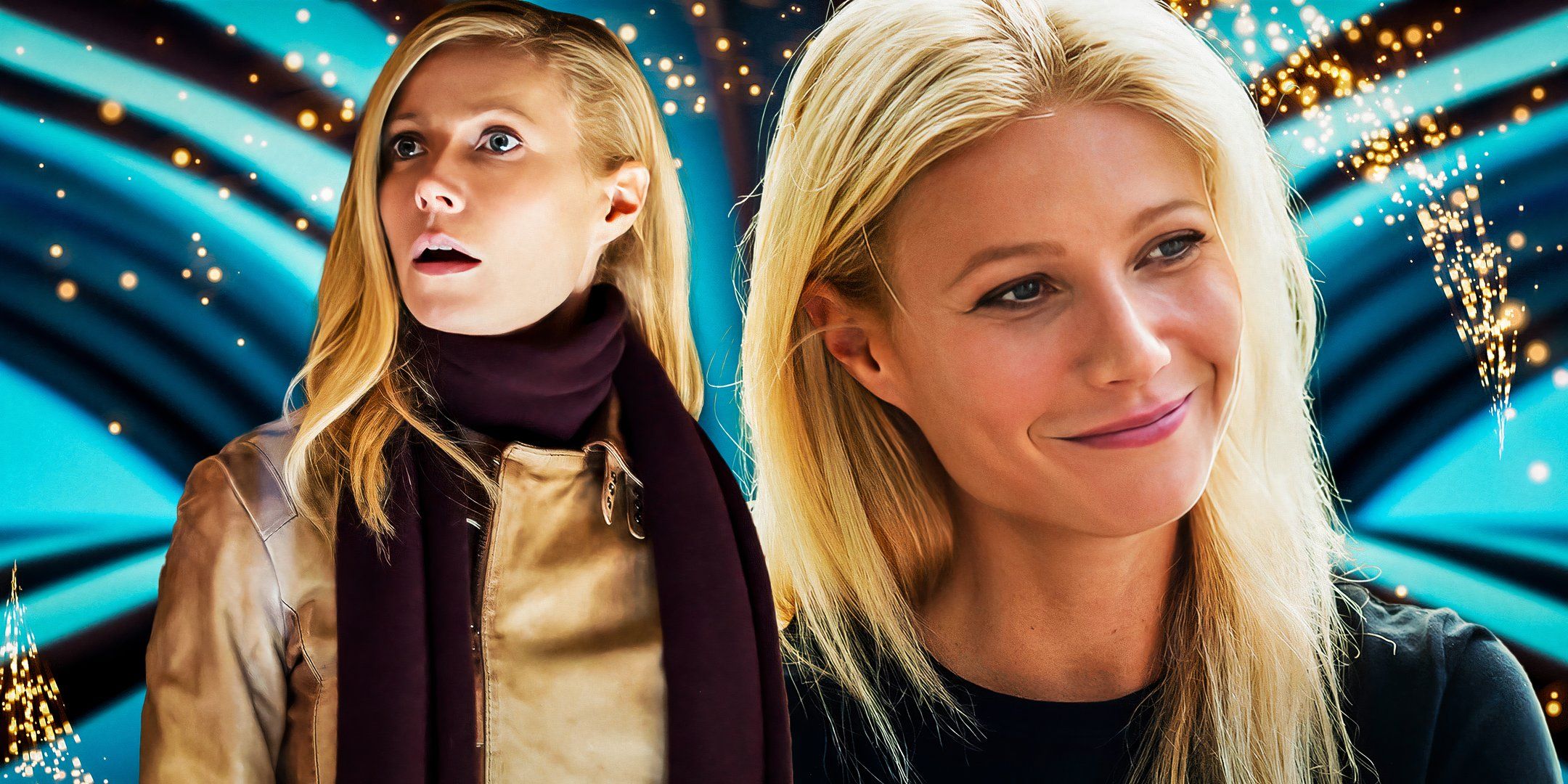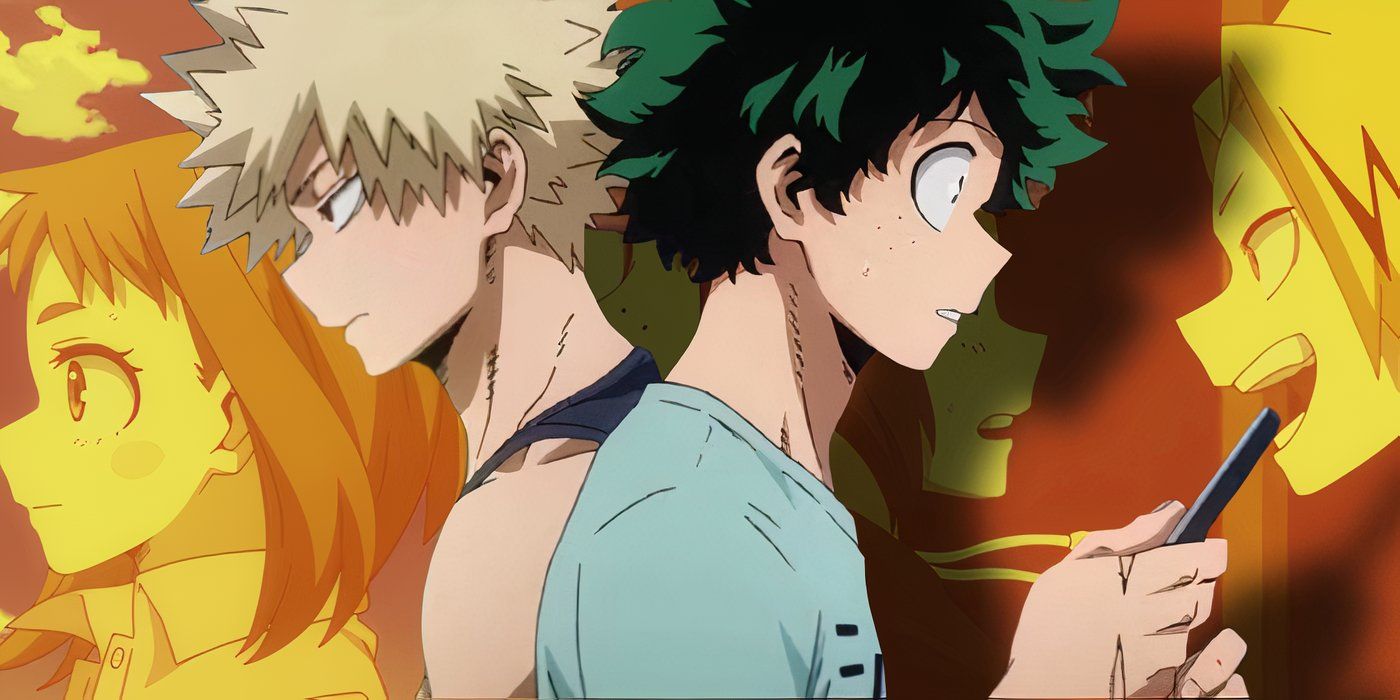This twisted and twisty German feature takes the modish notion of the multiverse for a spin and sends it into a deep elliptical orbit. The result is strange and discomfiting, a bleak work of retro sci-fi noir, pristine as an Alpine mountain after a snowfall and just as crispy cold. Not all its gambits play out and it won’t be to everyone’s taste, but director Timm Kröger displays admirably reckless ambition with this very original yet oddly familiar work.
There’s certainly a lot of code-switching in genre terms going on, which contributes to the sense of familiarity but keeps undermining itself. A delicious, luridly coloured parody of a late 60s/early 70s talk show introduces main character Johannes (Jan Bülow) as the author of a “novel” (that he insists is nonfiction) about the aforementioned m-verse. The film then transitions into stark black and white in a 1962 setting, as if acting out the story in Johannes’ novel-memoir.
Then fresh-faced German doctoral student Johannes (guileless looking, broad-jawed Bülow somehow looks a bit like a young Jack Nance in the Eraserhead years) travels to Switzerland with his grumpy supervisor Dr Strathen (Hanns Zischler) for an academic conference on physics. When they arrive all manner of weird things happen, from disappearing keynote speakers, to acid trips with pulsating carpets, and characters who show up dead and then seem resurrected. There’s something hinky going on inside the mountain itself, perhaps connected to Strathen and other scientists’ experiments with uranium for the Nazis during the not-so-distant war. A sense of guilt and shame hangs over everyone, like the malformed cloud formations seen in the horizon. Johannes meets melancholy pixie-nightmare girl Karin (Olivia Ross), a jazz-pianist femme fatale he can’t stop thinking about. She knows secrets about him he’s never told anyone and even what he dreamed the night before.
And then it all starts getting really weird, with visual effects sparkling like Tesla coils. The score, credited to Diego Ramos Rodriguez, David Schweighart and Viola Hammer, is laid on thick, thrumming its strings and eerie melodies practically throughout. There are obvious, clearly intentional echoes of Bernard Herrmann, especially his work for Alfred Hitchcock’s Vertigo, while the period’s fashions and the vintage Magnum look of the cinematography recall La Jetée by Chris Marker with its own meditations on time-travelling, loss and guilt. The script, by Roderick Warich and Kröger, isn’t quite as nifty as its famous models, but it has its own grim integrity, especially with the jarring last frames.

 1 week ago
3
1 week ago
3








 English (US) ·
English (US) ·